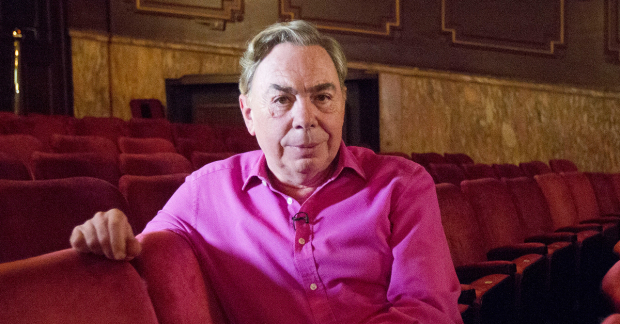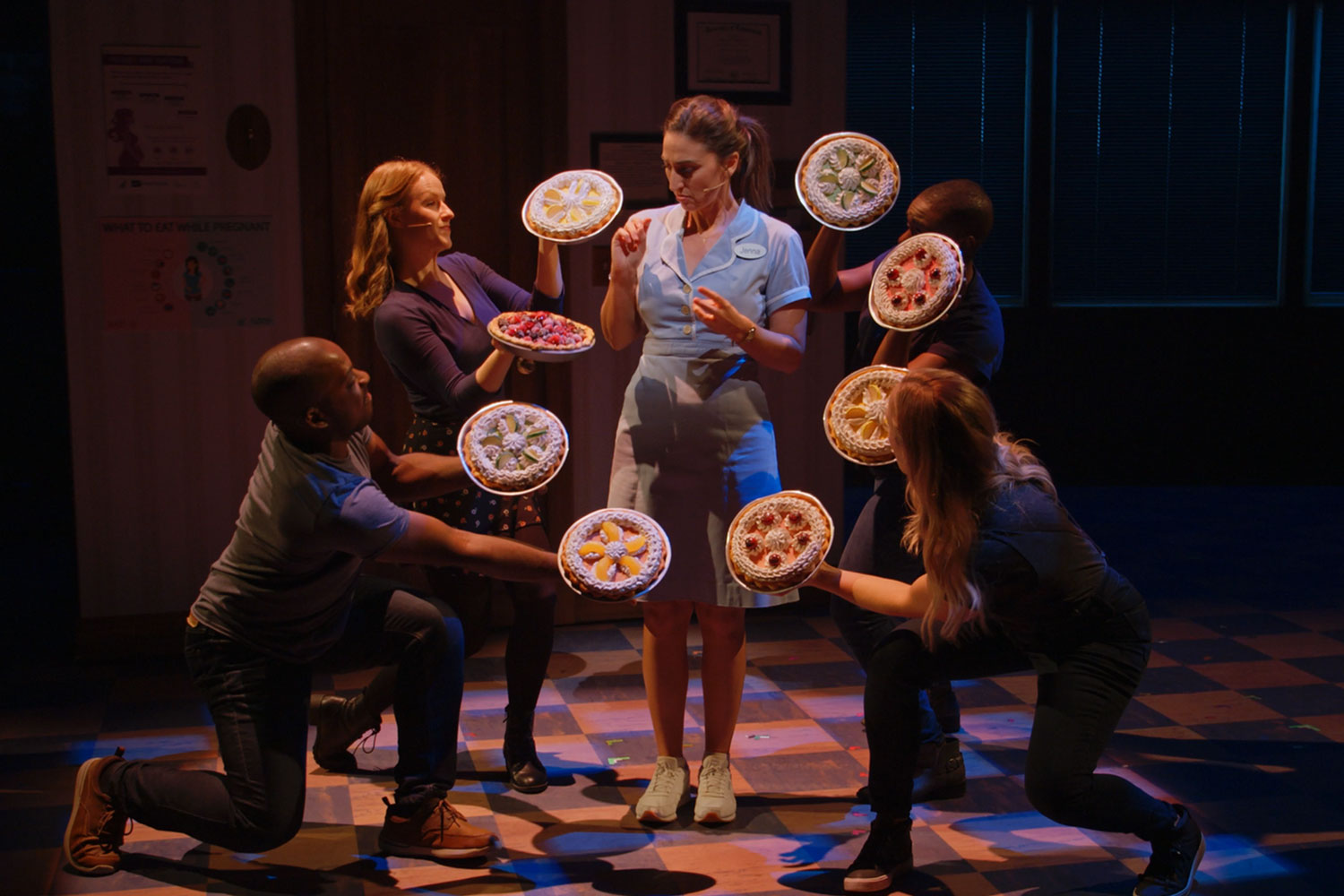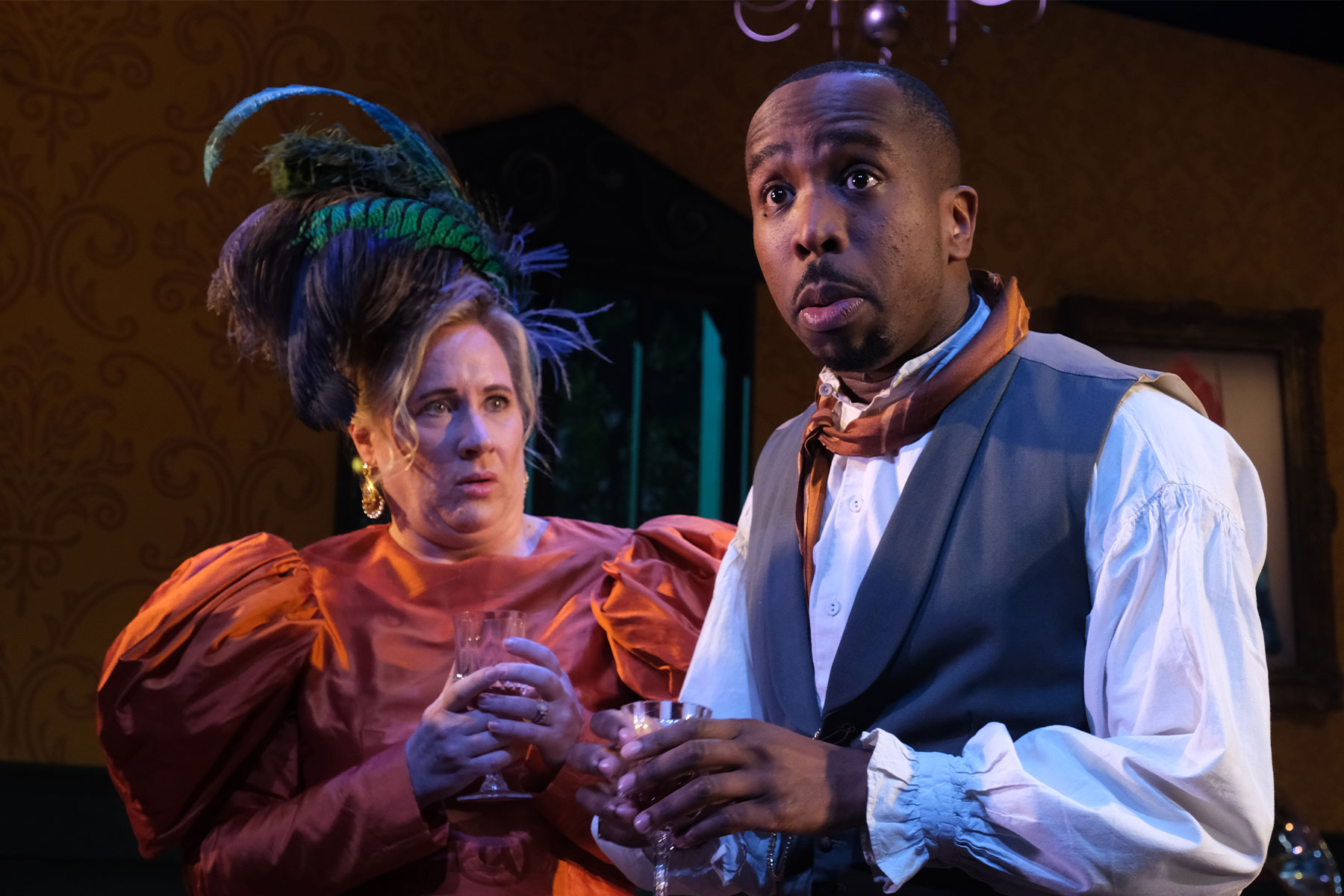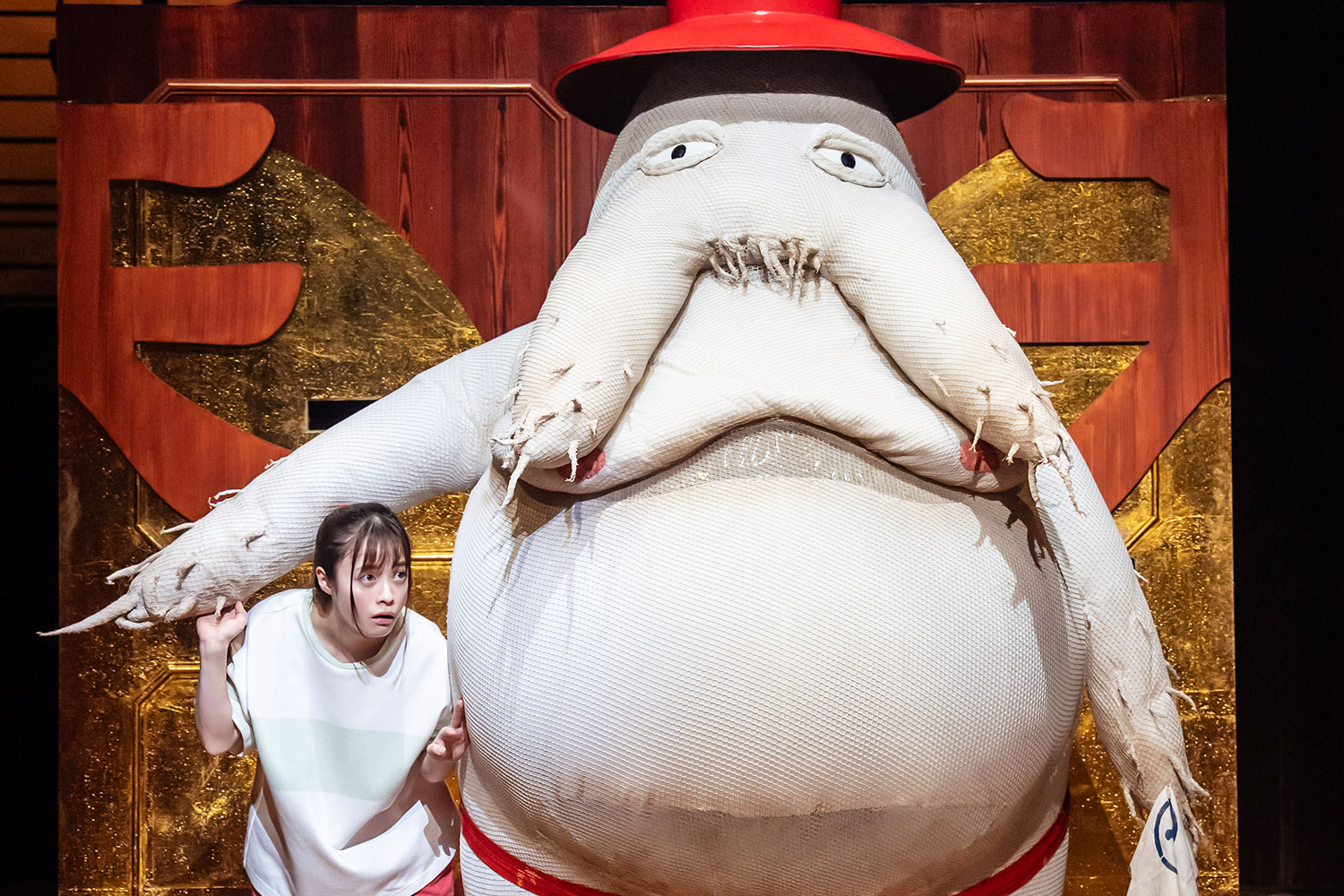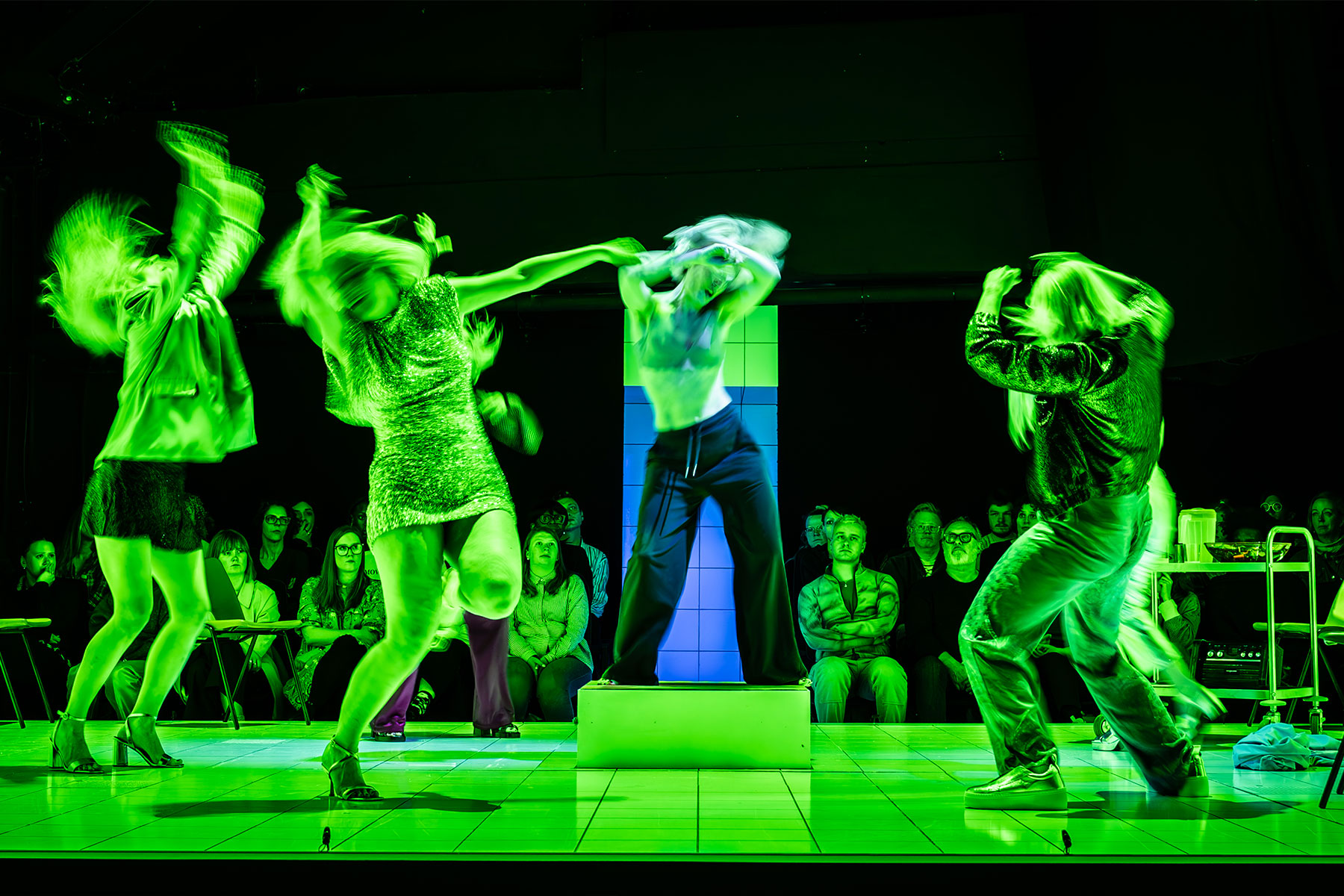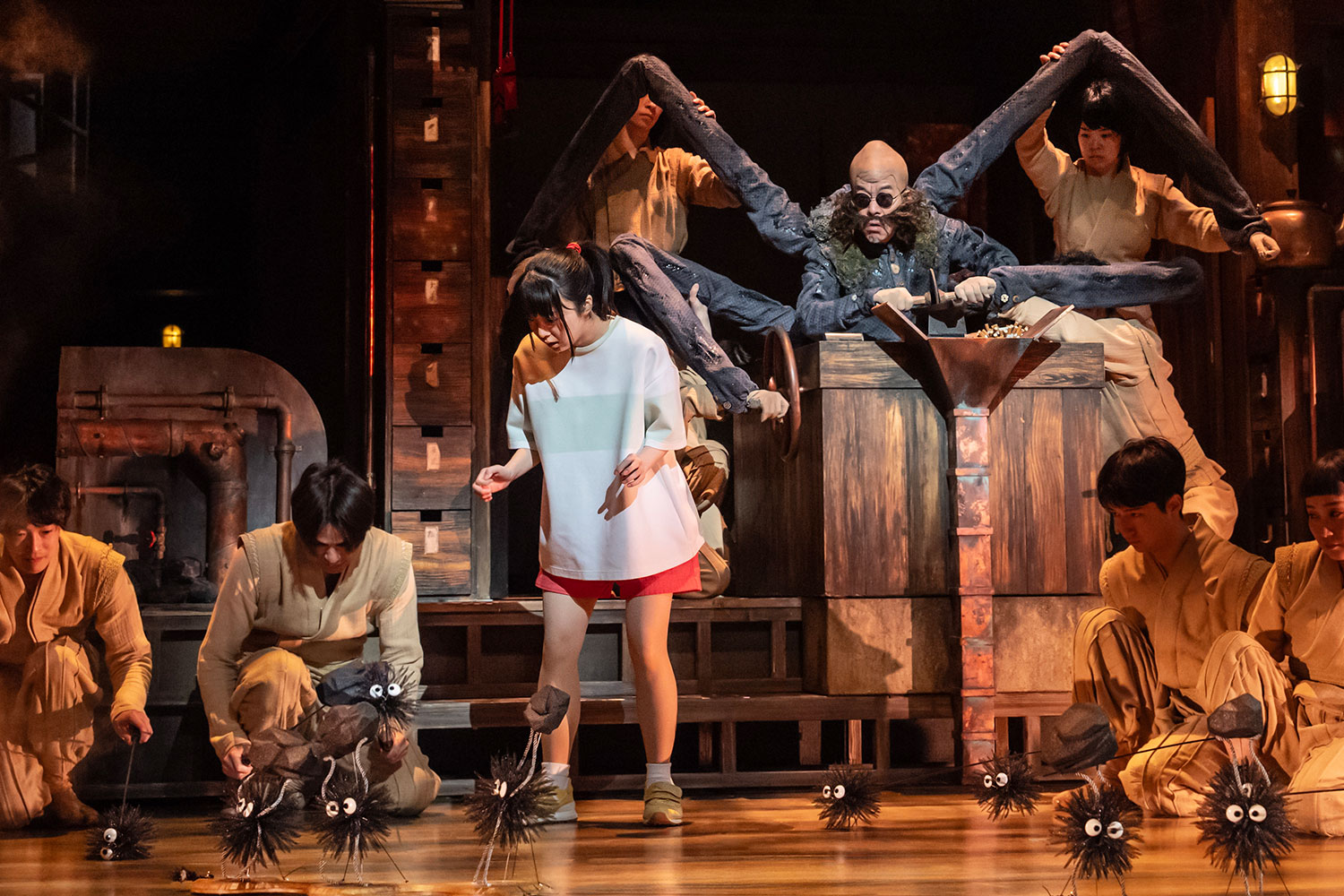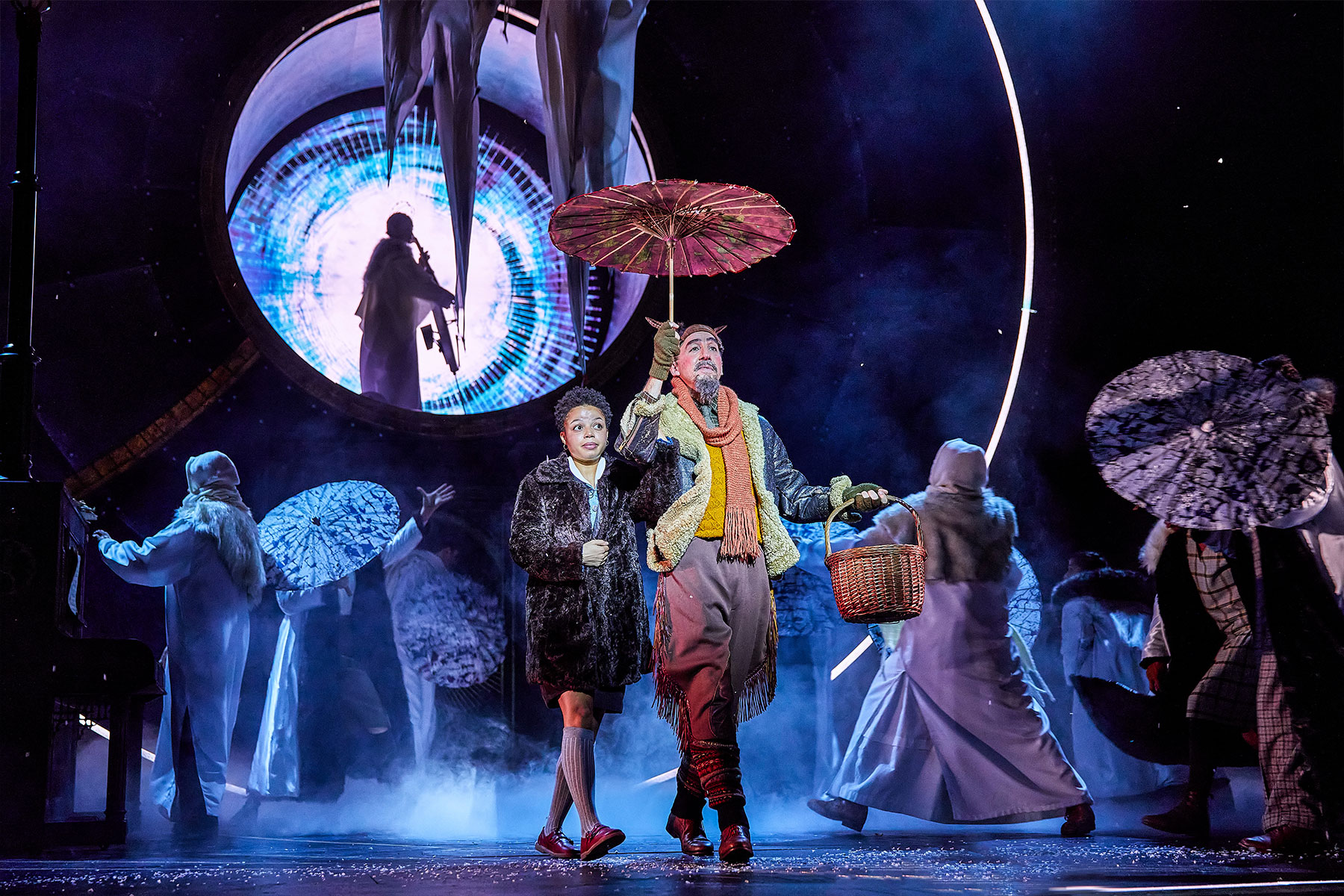Does the opening night system need an overhaul?

© Alex Wood
For the uninitiated, productions currently have a “preview” period – normally a week or two for the big West End stagings, often a few days for smaller ones – before critics are invited in for “opening night” – the official point when the show is ready to be critically assessed and a verdict rendered.
Directors like Sam Mendes have bemoaned the system. Often it means supporters, family, friends, industry guests and press have to sit side-by-side on opening night – Mendes told Radio 4’s This Culture Life that the system is not all that healthy – “everyone who matters is all there on the one performance, and it’s a lot of pressure.” Mendes, instead, goes for a wander around the local area while the show is happening (funnily it was one of these wanderings that led him to discover a space in Covent Garden – which he later transformed into the current version of the Donmar Warehouse).
In fairness, the vast majority of productions, especially critically “hot” shows – have started shifting the approach, providing a series of “press previews” before opening – so that by opening night only a few critics will be in the auditorium. Some companies are even turning this on its head – having celebratory gala nights with friends, fans and family first before the critics have their say.
The “press preview” system is much more of an official thing on Broadway – where the vast majority of critics will see shows in the week before they open. For some UK venues however, especially subsidised theatres, this is a lot less feasible – reducing allocations for multiple shows rather than just one can be a fiddle, and consistent press previews can be a draining process for performers as much as anything else, knowing they are being scrutinised night-after-night by notebook-wielding arts arbiters.
But perhaps a more normalised press preview approach is better all round. What I’ve also noticed is there can often be a bit of a disparity in thought between critics who have rushed out their opinions in a matter of minutes (at one subsidised venue recently, a press manager had to let a national critic use their office to write up an opening night review in order to make the print deadline), compared to those who have had a few days to pen their reviews. If there were an official series of allocated press performances, this intense pressure is minimised. With the ability to ruminate, mull and research a bit more, the quality of first-night criticism may well be augmented.

© UltimateWarrior13, CC BY-SA 4.0 <https://creativecommons.org/licenses/by-sa/4.0>, via Wikimedia Commons
Putting that aside, I wanted to move onto my second – and much more radical – possibility. Watching the wave of five-star reviews that dropped after the first performance of Taylor Swift landmark “Eras” tour, is it worth contemplating a world where critics do away with previews altogether – and simply review the first performance as a matter of course.
Swift, with a show featuring big technical moments, costume changes, storytelling and choreography, didn’t have any “preview” performances – she simply got a critical appraisal from day one – dodgy sound effects and technical glitches all included. In a world where the court of public opinion and social media sites begin their murmurings from first preview onwards (if not before!), a few weeks’ delay before opening night can mean by the time the reviews are out, the general consensus on a production has already been formed. Heck, during previews some show accounts share the tweets of audience members in the same way they’d take the soundbites of critics.
An obvious counter-argument is that performances need time to bed in. But given the worlds of dance will often invite critics on night one (especially for short runs), and nowadays producers don’t differentiate in pricing between previews and post-opening performances in a way that they used to, perhaps there’s a world where the critics are on-the-ground – getting their opinions heard from day dot. Bold, but not unthinkable.



